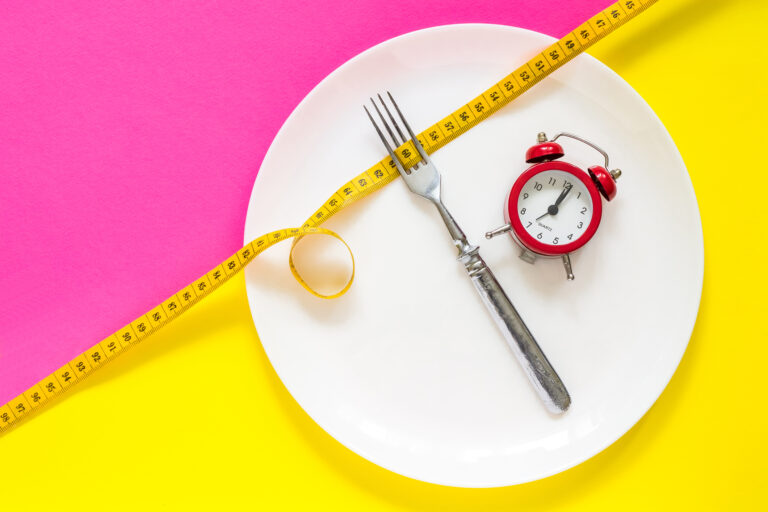As we consider our goals for the year, losing weight nearly always gets added to the list. Also is the desire to be healthier, more productive, more organized, and to eat healthier.
Losing weight involves many things, but most people think the only links to a healthier weight is exercise and dieting. Although generally helpful, either can have the opposite effect as well. If dieting is not done properly, your body could perceive it as a state of famine, and actually hold on to the weight, or lose more muscle mass than fat. When that happens, losing weight becomes more and more difficult. If not exercising properly the stress to the body can be detrimental as well. Knowing how to exercise effectively is more than just an action – it takes an expert, such as a personal trainer.
Dieting and exercise are far from being the only options to losing weight. Hormonal health is a critical component. If you have problems with your thyroid, sex hormones, blood sugar hormones, or hormones that control sleep, energy or mental wellbeing, you could experience weight gain and have difficulty losing it. If you are in pain, have an inflammatory condition, or have an auto-immune disease, you not only may experience frustration in trying to lose weight, but the medications you take for them may be hampering you as well.
Then there is nutrition. The body needs a daily supply of minerals, proteins, fats, carbohydrates (yes, we do need some carbs, but excess carbs have the opposite effect), fiber, enzymes and other nutrient factors to function properly. This includes maintaining a healthy weight. Eating too little of the needed nutrients in many cases is worse than too much. The exception of course is sugar. As long as there are excess carbohydrates (bread, cereal, pasta, refined grains, rice, potatoes, etc.) in the diet, the less likely you are to control your weight. Even too much “good” carbs (such as whole wheat bread and brown rice) can limit your results.
Most people also consume too little protein. Protein seems to tone down the cravings and make you satisfied longer. If you start your day with high protein, you are likely to snack less. If you begin your day with carbs, you are more likely to crave foods all day.
Eating late in the evening, toxicity, stress, eating bad fats (fried foods, hydrogenated and partially hydrogenated oils) can contribute to weight gain. There are at least a dozen ways you can gain weight and have difficulty losing it. Knowing how each of these affects you personally is critical to your success in gaining control of your healthy weight.
©2012 Holly A. Carling, O.M.D., L.Ac., Ph.D.







